How To Become A Zoo Keeper?
페이지 정보
작성자 Jayden Whitlock 작성일25-02-18 01:19관련링크
본문
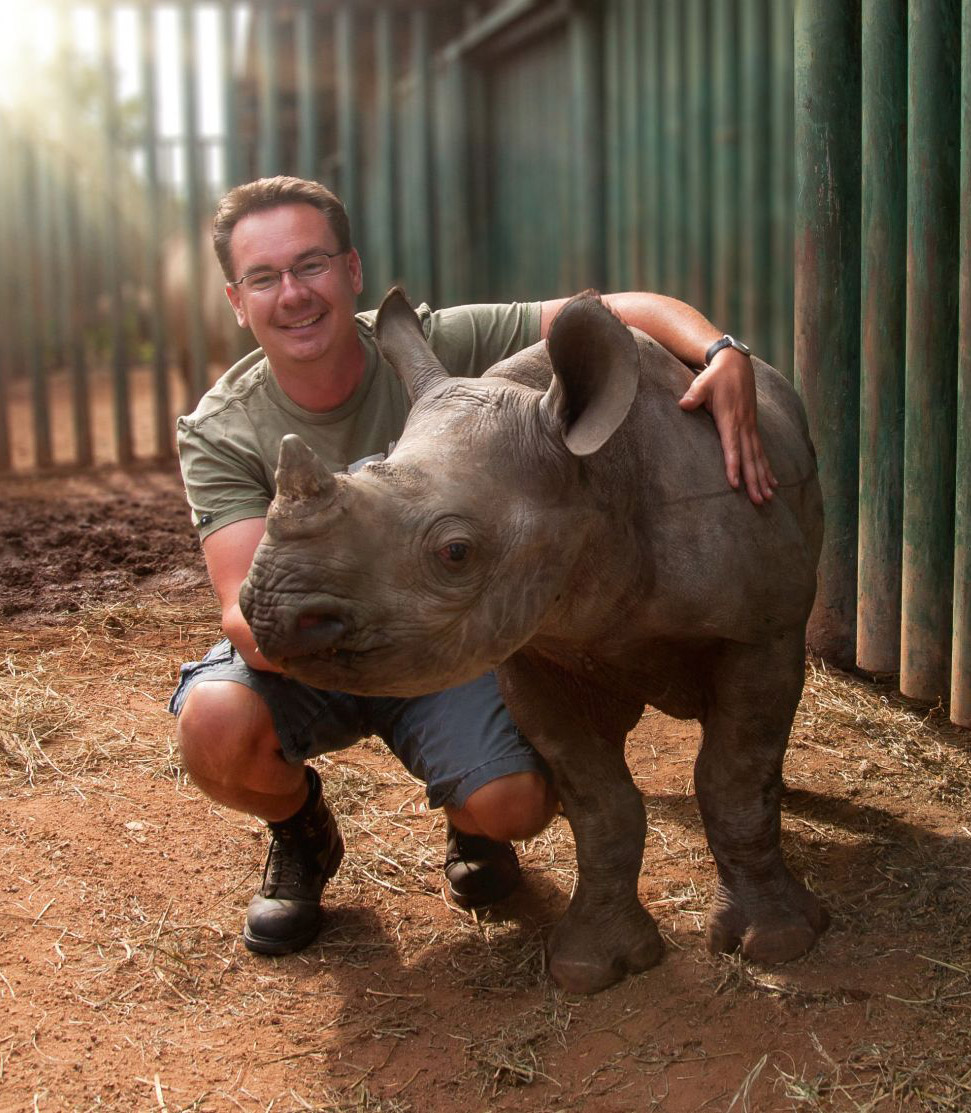
"The success of a nation and its moral development can be evaluated by the way its animals are dealt with." - Mahatma Gandhi
Do you like animals and dream of working in a zoo? Zoo keepers are key in securing wildlife and caring for animals. At locations like the Zoological Society of London (ZSL), over 20,000 animals get the care they require from professionals.
To become a zoo keeper, you need hard work, education, and a love for animals. This job is exciting, letting you deal with many species and aid with essential preservation work. If you're into wildlife or animal welfare, zookeeping might be best for you.
Beginning your zoo keeper career indicates discovering what's required. This guide will cover education, experience, and more. It's all you need to understand to begin a fulfilling zookeeping career.
Comprehending the Role of a Zookeeper
Exploring what a zookeeper does reveals a function full of difficulties and rewards. They focus on animal welfare and preservation. Zookeepers work hard to keep animals healthy and pleased in their care.
Daily Responsibilities and Tasks
A zookeeper's day is filled with essential jobs:
- Preparing meals that meet each animal's dietary needs
- Cleaning enclosures to keep them tidy and safe
- Supervising animal health and behaviour
- Giving medications and treatments as required
- Creating activities to keep animals psychologically sharp
Working Environment and Conditions
Zookeepers work outside in all type of weather. They manage both indoor and outdoor spaces. The job requires being healthy and able to deal with the demands of taking care of animals.
"Being a zookeeper is more than a job - it's an enthusiastic commitment to animal care and preservation."
Kinds of Animals and Specialisations
Zookeepers can specialise in many animal groups:
- Primates
- Big cats
- Marine mammals
- Reptiles
- Birds
Your function might involve dealing with 2-5 various animal types. This needs a great deal of knowledge and the capability to adapt.
Vital Skills and Personal Qualities for Zoo Keeping
To be a top zookeeper, you require more than simply a love for animals. Your task will be tough and need you to handle animals and individuals well. You'll also need to understand animal behaviour.
What zoos look for in people consists of:
- Exceptional patience and emotional durability
- Strong physical fitness and stamina
- Eager observation abilities
- Ability to stay calm under pressure
- High level of empathy towards animals
Getting hands-on experience is essential to mastering this function. You'll require to show:
- Advanced understanding of animal care techniques
- Efficiency in animal handling and safety protocols
- Reliable communication with both animals and human visitors
"A terrific zookeeper connects science, empathy, and conservation in every interaction with animals."
You need to learn about animal nutrition, behaviour, and standard veterinarian care. The majority of zookeepers learn through training, volunteering, and continuous knowing.
Zookeeper work is not simply a job. It's a huge dedication to teaching about wildlife and helping conservation. Your passion and hard work will make you stand out in this fulfilling career.
How to Become a Zoo Keeper
Beginning a career as a zookeeper needs mindful planning and education. You should initially understand the educational needs and training courses. These will turn your love for animals into a task.
Educational Requirements
To be a fantastic zookeeper, you need a strong academic base. The majority of tasks try to find specific credentials:
- At least 5 GCSEs at grade 4 or above, consisting of English, maths, and science
- A levels or higher education qualifications
- A college degree in biology or animal science
- Level 3 Diploma in Animal Management
Necessary Certifications
Getting special certifications can really help you in your zookeeper career. Important ones consist of:
- Diploma in Management of Zoo and Aquarium Animals (DMZAA)
- Zookeeping Level 3 Diploma (RQF)
- Animal handling certificates
- Emergency treatment qualifications
Training Programs and Apprenticeships
Getting hands-on experience is key in zookeeper training. Lots of locations provide terrific chances:
- Unpaid apprenticeships at wildlife parks
- Internship programmes at well-known zoos
- Practical training at locations like Colchester Zoo and Dartmoor Zoo
- Volunteering to acquire real-world abilities
Pro pointer: Create an in-depth portfolio to reveal your animal care skills. It will help you in task applications.
Structure Relevant Experience in Animal Care
Getting hands-on experience is key for those wanting to be zookeepers. The task is extremely competitive. So, it's essential to start developing a strong base in animal care.
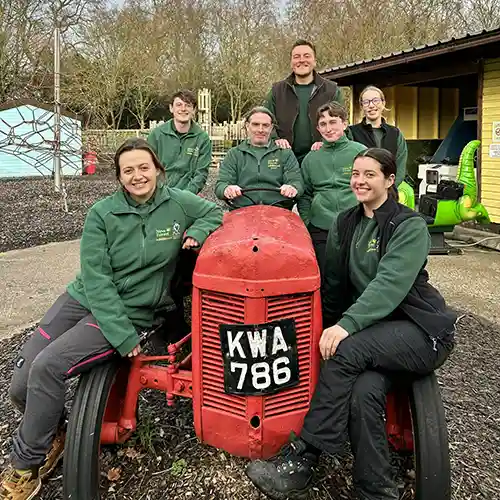
Your journey begins with discovering methods to work directly with animals. This is a strategic action.
"Experience is the very best instructor in animal care" - Wildlife Conservation Experts
Here work methods to get experience dealing with animals:
- Volunteer at regional animal shelters to establish standard animal managing skills
- Look for zookeeper internships at wildlife rehab centres
- Explore part-time positions at veterinary clinics
- Contact your local zoo for possible volunteer opportunities
Offering is a terrific method to find out about animal behaviour and zookeeper care. Many zoos and animal shelters are searching for people who wish to find out. These locations offer great possibilities to get hands-on experience and reveal your commitment to animal welfare.
Here are some pointers to make the most of your experience:
- Keep a record of your skills and interactions
- Get in touch with experts in animal care
- Request references and recommendation letters
- Stay relentless and reveal your true enthusiasm
Remember, practical experience makes you stand apart in the world. Every time you deal with animals, you discover more. This increases your opportunities of getting a job in animal care.
Profession Pathways and Professional Development
Beginning a profession as a zookeeper is interesting. It provides many chances to grow and specialise. Your journey starts with comprehending the various paths in this field.
Entry-Level Positions
Entry-level tasks in zookeeping are a terrific start. They provide you hands-on experience. Zoos try to find candidates with:
- Level 2 Diploma in Animal Care (minimum credentials)
- GCSEs in English and a clinical subject
- Volunteer experience at animal shelters or farms
Career Progression Opportunities
As you acquire experience, your profession can grow. You can move up to:
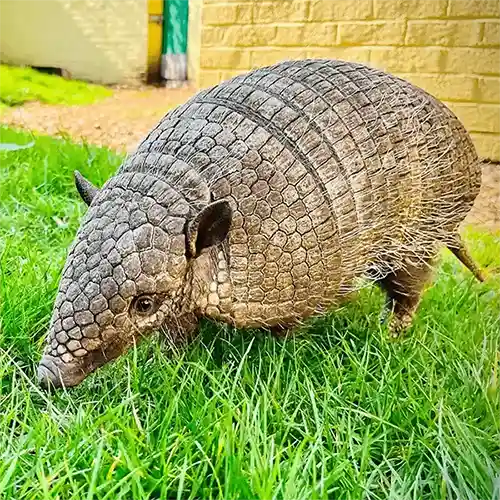
- Junior Keeper
- Senior Keeper
- Group Leader
- Expert Roles
"Continuous knowing and useful experience are essential to advancing in your zookeeping profession."
Specialised Roles
You can likewise select special areas like:
- Conservation reproducing programs
- Animal training
- Wildlife research
- Educational outreach
About 25% of zookeepers get advanced degrees in zoology or animal conservation. Getting Level 4 qualifications can boost your possibilities for senior functions and research.
Working Hours and Physical Demands
Becoming a zookeeper suggests you'll work more than just routine hours. You'll face tough physical difficulties and require to be flexible, consisting of weekends and holidays. Zoos are open every day, so you'll frequently work when others relax.

"Zoo keeping is not a typical 9-to-5 job-- it's a lifestyle of devoted animal care and commitment."
This job is physically demanding. You'll work outside in any weather condition, lifting heavy products over 50 pounds. Your tasks may include:
- Early early morning feeding schedules
- Cleaning animal enclosures
- Preparing specialised diet plans
- Carrying out medical examination
- Keeping intricate habitats
Shifts can begin as early as 5 AM and go late into the night. You'll be on your feet the majority of the time, moving in between animal zones. Weekends and holidays are part of the job, needing lots of stamina and commitment.
In spite of the obstacles, this job has excellent rewards. You'll grow strong, both physically and mentally. You'll likewise make fantastic connections with amazing animals.
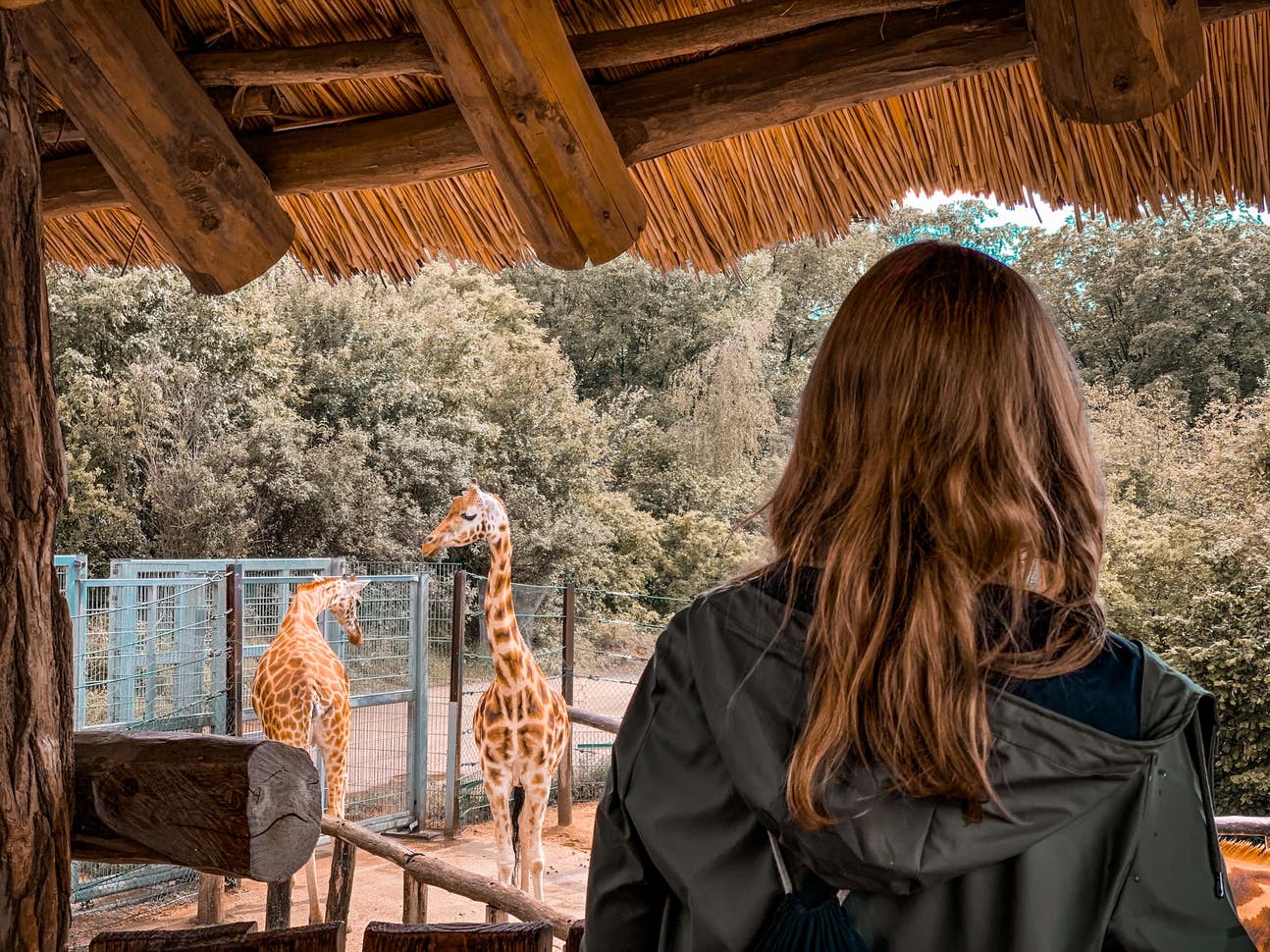
Health and Safety Considerations
Being a zookeeper features its own set of difficulties. It's crucial to understand how to keep both animals and personnel safe. This means following stringent health and wellness guidelines.
Zookeepers face an unique environment where safety is key. Research studies show that health and safety are now as essential as the zoo's main work.
Threat Management Strategies
There are a number of methods to manage dangers in zoos:
- Daily checks of animal enclosures for threats
- Counting animals at the start and end of shifts
- Enjoying how visitors act near animals
- Being ready for emergency situations
Animal Handling Safety Protocols
Knowing which animals are most unsafe is vital. Huge animals like rhinos can be really dangerous. There have been cases where zookeepers got seriously injured.
Safety isn't almost using gear - it's about understanding animal behaviour and staying alert.
Individual Protective Equipment
Zookeepers require to use the right equipment, consisting of:
- Special gloves for handling animals
- Strong shoes for grip and safety
- Clothes that safeguards versus bacteria
Getting vaccinated versus illness like liver disease B and rabies is also crucial. It assists keep zookeepers healthy in their tough job.
Salary Expectations and Job Market
Thinking about a profession in zoo keeping? It's essential to know about wages and the job market. The field is growing, with more opportunities in the UK.
Let's take a look at what zoo keepers can earn at various phases:
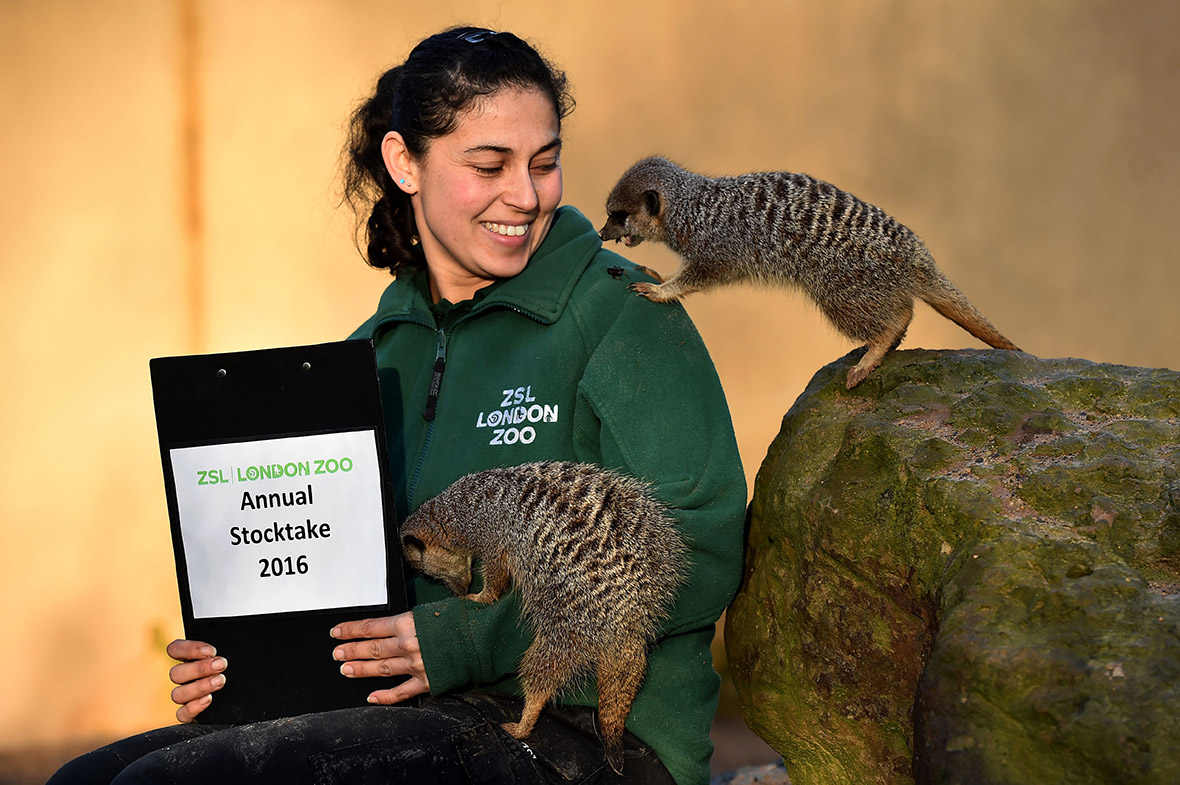
- Entry-level zookeepers begin at about _ 14,000 a year
- Qualified ones make between _ 16,000 and _ 22,000
- Senior zookeepers can make up to _ 30,000 or more
The job outlook for zoo keepers is excellent. The sector is expected to grow by 5% in the UK by 2029. This suggests around 3,910 new jobs will be available.
"The Association of Zoos and Aquariums supports expert growth for zoo keepers," a report states.
Wages differ based on numerous things:
- Experience level
- Expertise
- Where you work
- The zoo's size and type
While the pay may not be high, the delight of dealing with animals is priceless. The typical salary is around _ 17,000. But, total revenues can be between _ 13,000 and _ 27,000 a year.
Conclusion
Beginning a career in animal care is an exciting journey. It needs commitment, enthusiasm, zookeeper and a love for knowing. With over 350 zoos and wildlife places in the UK, there are many task chances. You'll get to deal with remarkable animals and assist protect wildlife.
To be a zoo keeper, you need more than just love for animals. You must have a mutual understanding of biology, have the ability to interact well, and zookeeper always want to learn more. You'll gain hands-on experience, discover animal welfare, and establish a deep regard for nature. About 3,000 individuals in the UK have discovered fulfilling careers in this field.
Your success in zoo keeping comes from blending science with a love for animals. Whether you're interested in mammals, birds, or marine life, this job lets you help with preservation. Every day will bring new difficulties and discovering chances that will enhance your skills and knowledge.
If you like animals and want to help protect wildlife, zoo keeping might be for you. Handle the obstacle, remain curious, and turn your enthusiasm for animals into a rewarding profession.

 > 고객센터 > 부고함
> 고객센터 > 부고함
 장례협동조합국화원
장례협동조합국화원